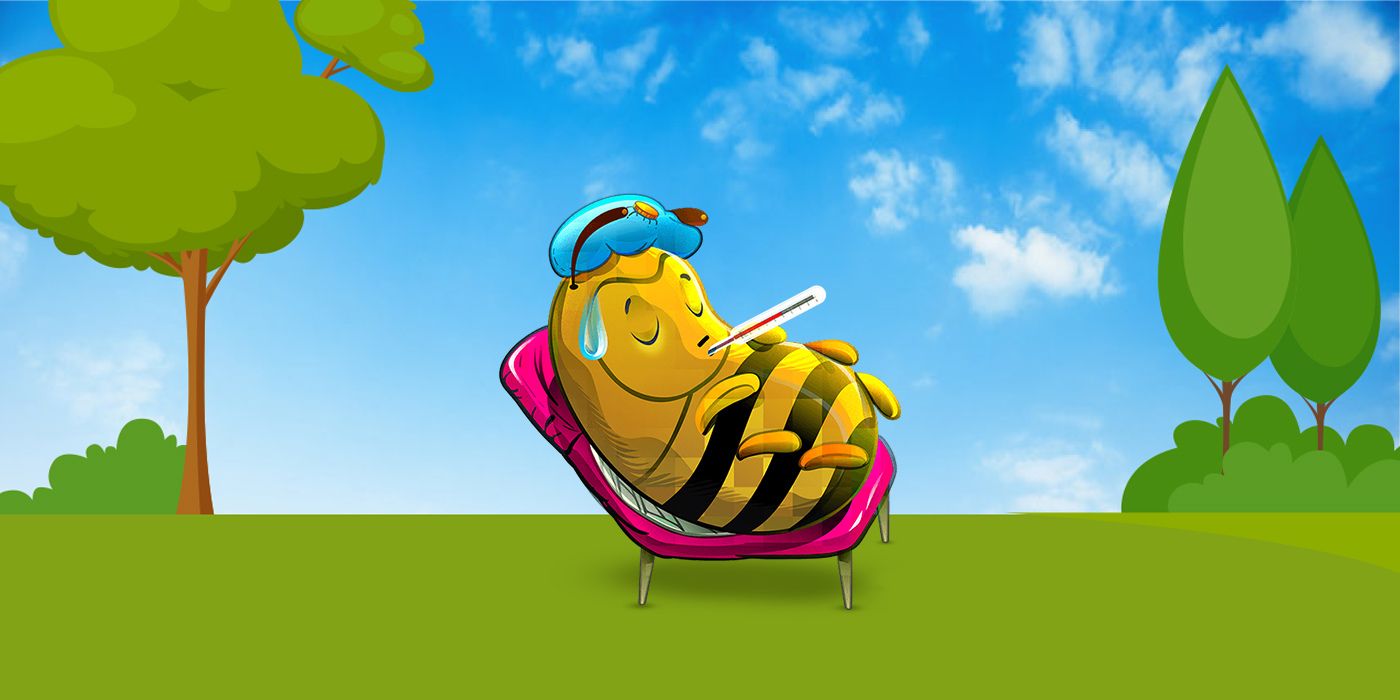
The Decline of Native Bee Species and its Implications
The enchanting world of bees is buzzing with vibrant colors, intricate dances, and essential pollination services. Yet, beneath this awe-inspiring facade lies a concerning reality – the decline of native bee species. These tiny, industrious creatures play a pivotal role in sustaining our planet's ecosystem and agriculture. In this blog, we explore the reasons behind the decline of native bee species and the wide-ranging implications it holds for our environment, food security, economy, and biodiversity.
The Native Bee Crisis
Native bee species have been integral to Earth's ecological harmony for thousands of years. Unfortunately, the past few decades have seen their populations dwindle at an alarming rate. A multitude of factors contributes to this decline, with habitat loss being a prominent culprit. Urbanization, agriculture expansion, and deforestation disrupt the natural habitats where native bees once thrived.
Pollination Predicament
Bees' most critical role lies in pollination, enabling the fertilization of flowering plants and ensuring the production of fruits, vegetables, and nuts. With the decline of native bees, the efficiency of crop pollination decreases, resulting in lower crop yields. This pollination predicament poses a serious threat to global food security. According to the Food and Agriculture Organization (FAO), nearly 75% of global food crops depend on pollinators like bees.
The implications extend far beyond the farm gates. Diminished crop yields may lead to food scarcity and rising prices, impacting vulnerable communities disproportionately. The butterfly effect of bee decline reverberates through our food system, affecting everything from fresh produce availability to the prices of staple food items.
The Precarious Balance of Biodiversity
Beyond the agricultural sphere, native bees play a pivotal role in maintaining biodiversity and ecological balance. They have co-evolved with native plants, forming intricate relationships. As bees decline, the plants they pollinate may also suffer, leading to a domino effect on other wildlife that relies on these plants for sustenance and shelter. This loss of biodiversity can trigger a negative spiral, causing ecosystem disruptions that ripple through the web of life.
A Sting in the Economy
The economic impact of declining native bee populations is substantial. Pollination services provided by bees have an estimated global value of billions of dollars annually. The loss of these services could mean increased production costs for farmers, leading to lower profits or passing the burden onto consumers through higher prices. Additionally, industries heavily reliant on pollination-dependent crops, such as the almond and fruit industries, may face significant challenges, potentially leading to job losses and economic strain in affected regions.
Facing the Challenge: A Call to Bee-Active
The decline of native bee species is a multifaceted problem, but we can all play a vital role in preserving and supporting these indispensable pollinators. Here are some actionable steps we can take to be bee-active:
Bee-Friendly Gardening: Plant native flowers and flowering plants in your garden to provide bees with a diverse and nutritious food source. Create a bee-friendly oasis in your backyard, balcony, or community space.
Mindful Pesticide Use: Minimize the use of harmful pesticides and herbicides in your gardens and opt for natural alternatives. Embrace integrated pest management techniques to protect both bees and plants.
Support Local Beekeepers: Purchase honey and other bee products from local beekeepers who prioritize sustainable and ethical beekeeping practices. This helps support beekeeping communities and encourages responsible beekeeping.
Conservation and Restoration: Participate in and support efforts to conserve and restore natural habitats for bees and other pollinators. Join local conservation groups and get involved in planting initiatives.
Raise Awareness: Educate yourself and others about the importance of native bees and the challenges they face. Share information on social media, start conversations with friends and family, and inspire collective action.
As we conclude this journey into the world of bees, it becomes evident that the decline of native bee species carries profound implications. It touches every aspect of our lives – from the food on our plates to the economic well-being of communities and the resilience of our environment. However, with the combined efforts of individuals, communities, and policymakers, we can create a bee-friendly world, a world that embraces the vibrancy, significance, and essential role of these magnificent creatures in sustaining life on Earth.



Leave a comment